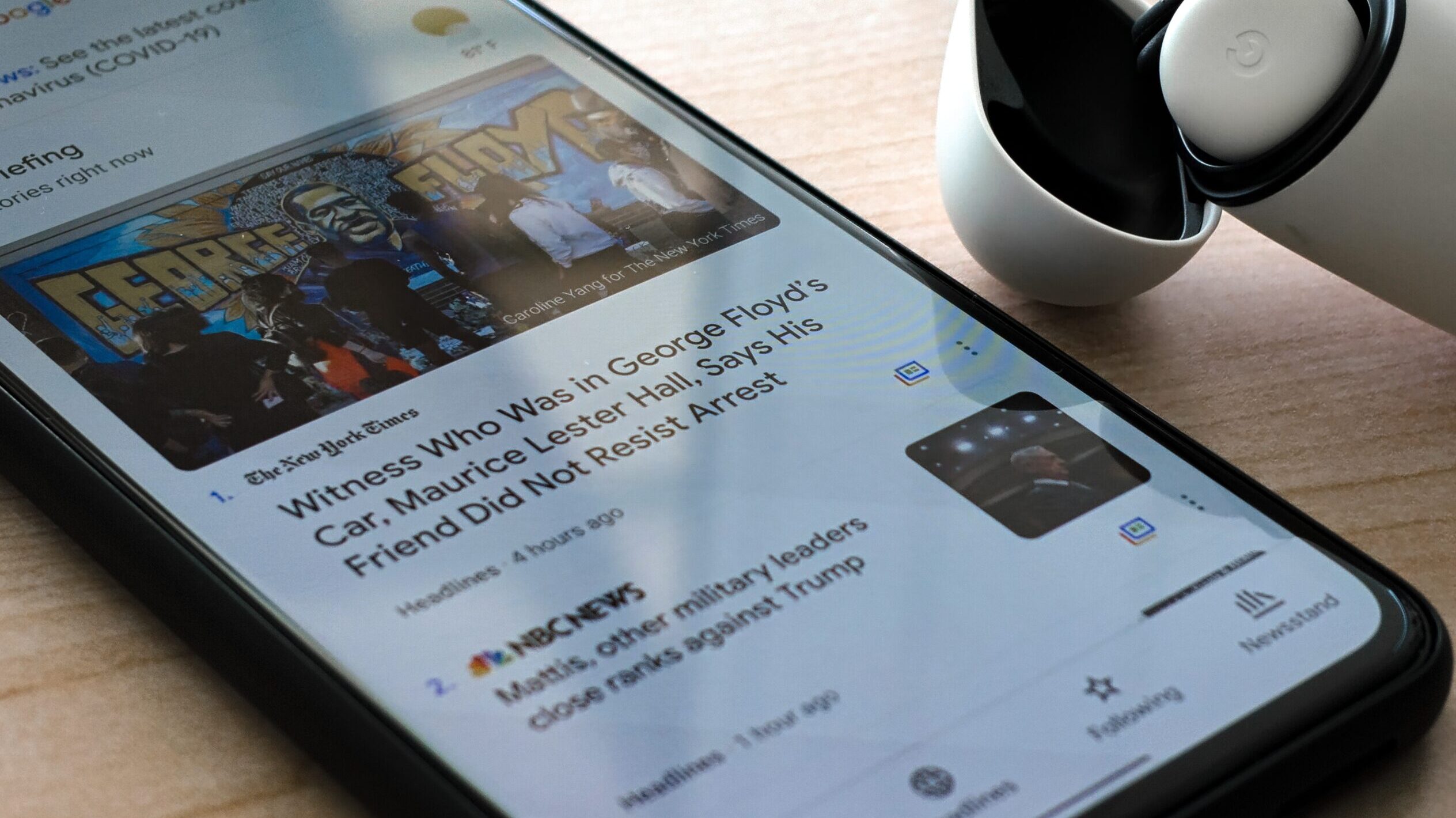Table of Contents
Australia is set to pass world-first laws to force tech giants to pay for the content they’ve so far been scraping for free from media companies, as well as sharing their data-collection methods. Is this the last gasp of a dying legacy media – or the first push-back against the hitherto untrammelled power of Silicon Valley?
Josh Frydenberg said the government’s mandatory news media bargaining code was designed to level the playing field and ensure the “rules of the digital world mirror the rules of the physical world”.
The Treasurer, who will put legislation into parliament on Wednesday giving him the authority to designate other companies under the code, including YouTube and Instagram, warned of the need to arrest a free-fall in traditional advertising revenue sparked by digital disruption.
In many ways, the legacy media are the victims of their own foolish decisions years ago, as well as the still-dominant paradigm of the “internet of free things”.
The pioneers of the early internet were often late-generation hippies who saw the digital new frontier as a place where the old dreams of “free stuff” could be given a second life. This paradigm long dominated the internet and the World Wide Web. The slog to get people to pay for what they’ve come to expect for free has been a long, hard one.
But there is money to be made from the “internet of free things”: an awful lot of money. Alphabet (Google) and Facebook are among the world’s richest corporations. Much of that money comes from advertising, once the river of gold for the legacy media.
Mr Frydenberg said for every $100 of online advertising spend, $53 went to Google, $28 to Facebook and $19 to other participants. “This is a huge reform. This is a world first and the world is watching what happens here in Australia,” the Treasurer said.
“Our legislation will help ensure that the rules of the digital world mirror the rules of the physical world.
“That has been our intention all along … to sustain our media landscape here in Australia.”
After attacking the draft code Mr Frydenberg released in July, Google and Facebook secured concessions in the legislation. The government inserted a “two-way value exchange” clause factoring-in benefits media companies gained from “having eyeballs on their product”.
Even as the internet pulled the advertising rug from under the legacy media, the media made what they thought was the very clever decision to start giving their content for free to the internet giants. Their reasoning was that it would drive traffic to their own sites. While this is true to some extent – News Corp Australasia executive chairman Michael Miller calls it “a co-dependency” – the legacy media realised, too late, that they were getting by far the sharper end of the stick.
Like taxi drivers who’ve seen the value of their licences evaporate as a new, tech-enabled player moves into their market, the legacy media have gone, cap-in-hand, to the government.
News Corp Australia, which publishes The Australian, said the code was a “significant step forward in the decade-long campaign to achieve fairness”[…]
A Nine Network spokeswoman said: “The continued concessions to the digital platforms only entrench both their monopoly power and the significantly unfair imbalance in regulation.
“These companies pay little or no tax, contribute little and often negatively to our culture, and employ no creative teams.”
The government is also using the legislation to, however mildly, reform the taxpayer-funded media.
Communications Minister Paul Fletcher said the ABC had pledged to redistribute revenue raised from commercial deals with Google and Facebook into its regional journalism operations.
“ABC and SBS are included,” Mr Fletcher said. “That’s so they have the benefit of the remuneration provisions of the code. I should add that the ABC has given the commitment that revenue it earns under the code, it will dedicate to increased regional journalism.”
Naturally, the big tech companies are unhappy, even with the concessions they’ve won. Significantly, the government is also trying to rein in the way big tech uses their algorithms to play favourites. Conservative broadcasters have long complained that the likes of YouTube deliberately manipulate algorithms to limit their audience reach.
Under the proposed laws, which will be referred to a Senate committee[…]Google and Facebook must meet minimum standards including giving 14 days’ notice to news businesses of algorithm changes and explain the types of data provided to media companies[…]
The code imposes obligations on Google and Facebook to ensure they cannot retaliate against media businesses or disadvantage content by favouring one company over another[…]
Mr Frydenberg, who will review the code after one year of operation, said that, if the digital platforms were unable or unwilling to reach a commercial agreement, a final offer arbitration model, led by a panel of up to three, would kick in.
“This final-offer arbitration model will allow for what is called two-way value exchange,” the Treasurer said. “The money can only go one way: the money can only go from the digital platforms to the traditional news media businesses. But the arbiters need to take into account the benefits that traditional news media businesses get by having eyeballs on their product.”
The Australian
What remains to be seen is how these laws play out in practice. Will big tech simply take their bats and balls and walk away from Australia? Or will more jurisdictions – particularly Europe or the US – adopt similar laws?

Please share this article so that others can discover The BFD









